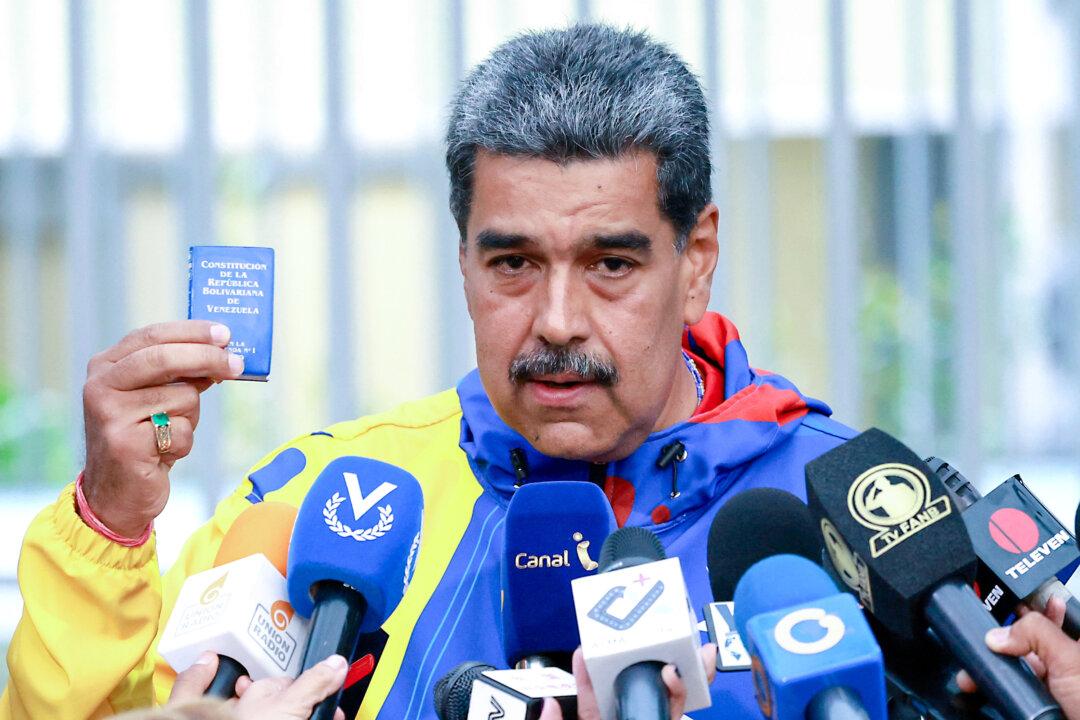The United States seized the plane used by Venezuelan socialist leader Nicolás Maduro after determining that its purchase violated U.S. sanctions, the Department of Justice (DOJ) stated on Sept. 2.
A Dassault Falcon 900EX aircraft was seized in the Dominican Republic and taken to federal authorities in Florida, according to a statement issued by the DOJ. The aircraft’s purchase circumvented U.S. sanctions because it was bought through a shell company and smuggled out of the United States, according to the statement.





